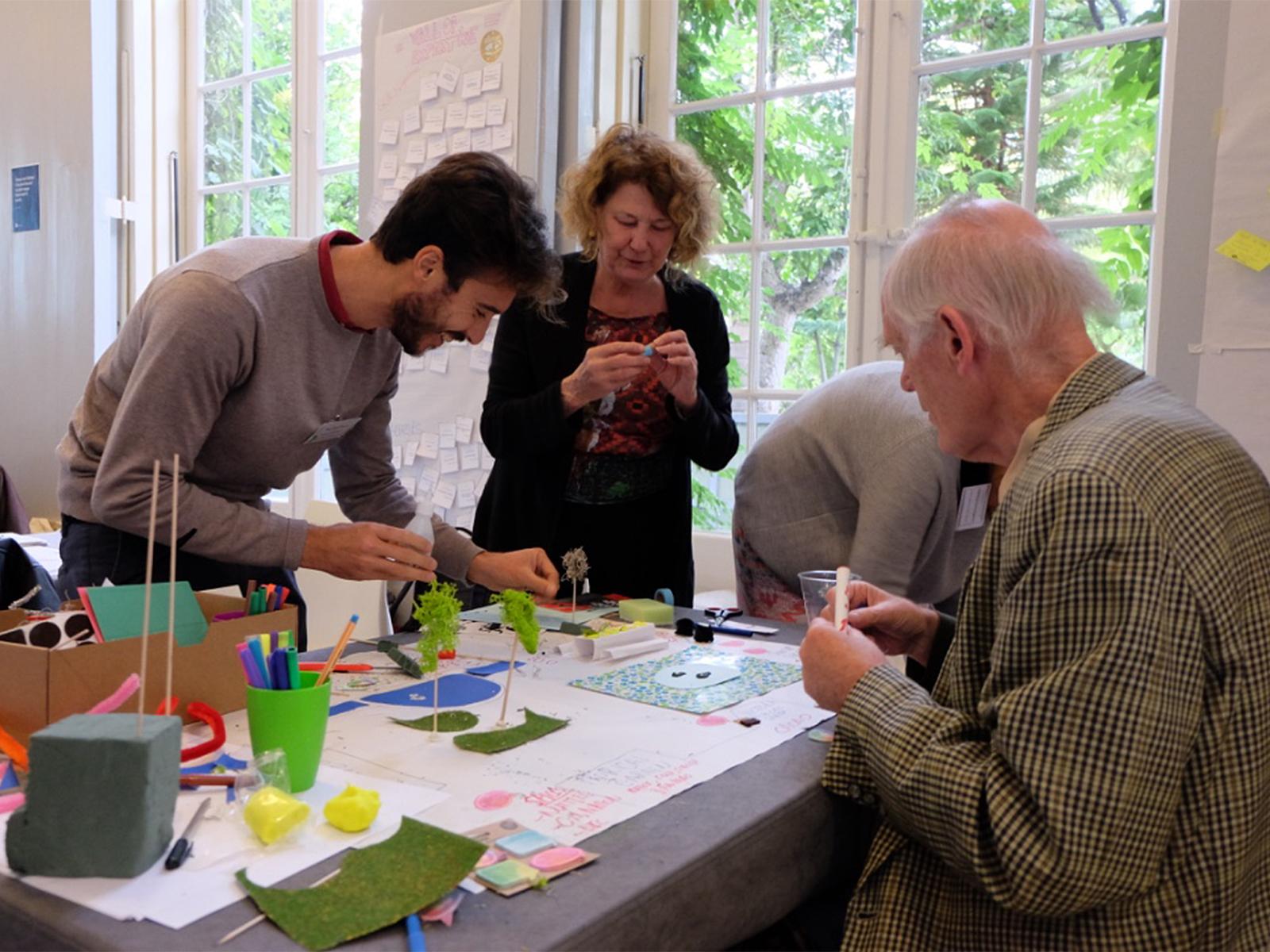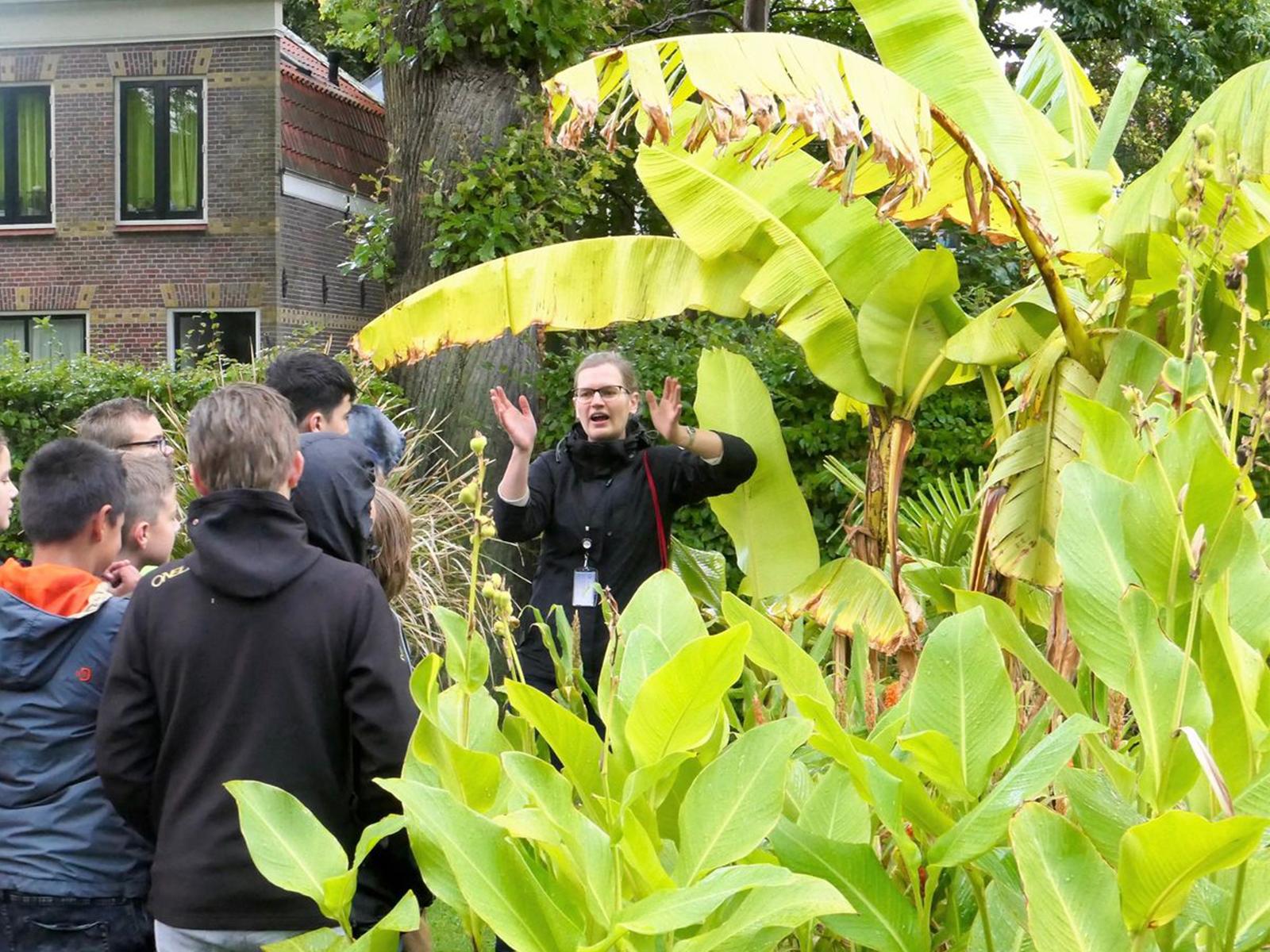A recent article by Eliza Barclay on NPR's food blog, The Salt, entitled “We Lie About What We Eat, And It's Messing Up Science” discusses the fallibility of self-reported information regarding food intake and the impact of incorrect information on science.
While it may come as no surprise that humans are not the best at estimating precisely how much they eat, a paper published by a team of researchers from University of Alabama at Birmingham in the International Journal of Obesity declared that self-reported data “are so poor as measures of actual [energy intake] and actual [physical activity energy expenditure] that they no longer have a justifiable place in scientific research aimed at understanding actual [energy intake] and actual [physical activity energy expenditure].” The paper goes one to say that continuing to use self-reported data is “like using a mismarked ruler,” meaning that “one can reproduce the result, but it is still wrong.”
Barclay's article rightly points out that since studies relying on self-reported data have been used as the basis for public health policies and clinical recommendations for years, this revelation is—at best—highly problematic. Patients with cancer, diabetes, Alzheimer's, and heart disease are being advised by their doctors to follow dietary guidelines that have been formulated based on studies conducted using self-reported food-intake data. And, of course, dietary guidelines to combat obesity the world over are also based on such studies.
From quantified to qualified
In the conclusion of the paper, the authors call for the use more objective, precise methodologies in future research. Their suggestions range from digital photography to monitors that measure rates of mastication to wrist-mounted devices that record “plate to mouth” motion. They also urge that funding be made available for more accurate long-term studies of consumption.
If self-reported data is truly about to be relegated to the dusty laboratory shelves of scientific methods past, there will be a significant need for more precise measurement tools in the near future. Wearable technologies measuring everything from movement to heart rate to sleep cycles have, of course, already made it to the mainstream market. But if scientists are calling for more accurate measures of energy intake and physical activity, wearable health-related devices might just get a bit more attention in the coming years.
Yet, the revelation concerning the unforgivably erroneous nature of self-reported data exposed by the authors of this paper also begs the question: how else have we been lying to ourselves all this time? And what can we do about it?


